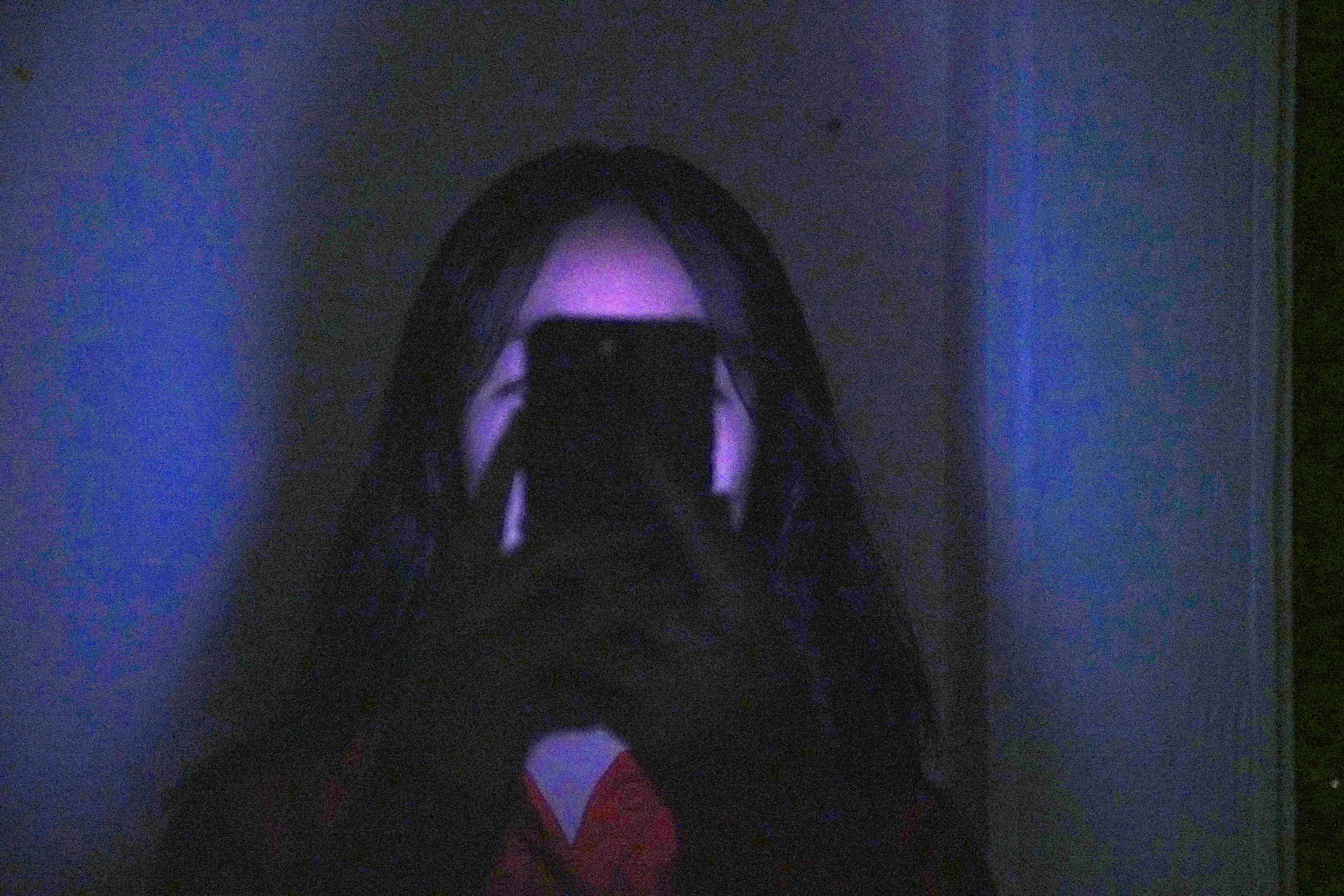PPS sues social media giants
December, 2024
Photo: Charley Hu
At the November 19 board meeting, Princeton Public Schools (PPS) passed a resolution to join around 200 other districts nationwide in suing several of the largest social media platforms: Facebook, Instagram, Tiktok, Snapchat, and YouTube. The lawsuit cites the growth of social media use as a cause for increasing costs related to “staff time, disciplinary proceedings, emotional and social counseling, medical services, and other costs.”
Although it started with only the Seattle public school district, the lawsuit eventually spread nationwide. It comes as a class action lawsuit: when a group of people or organizations with a similar claim sue a defendant (in this case social media companies) together, represented by only a few individuals.
“I hope that [we can] make some positive effects on society,” said PHS Principal Cecilia Birge. “That’s really the reason I think we should join, not particularly ... for dollars with class action lawsuits [because] law firms keep usually about a third of the proceeds ... but if we did get dollars, we could use them to help.”
According to a 2019 study cited by the lawsuit, social media is strongly linked to self-image issues. This comes particularly with the exposure of teenage students to unrealistic or ideal body presentations, fostering adverse comparisons.
“This study also showed that ‘adolescents who engage in high levels of social media use may experience poorer quality sleep’ and that increased social media use could be associated with an increased risk of ‘cyberbullying, which has a strong association with depressive symptoms.’ Further, the study noted ‘negative body image’ ... as connected to social media use,” the lawsuit reads, quoting the study.
According to the psychiatric non-profit Compass Health Center, U.S. teens spent an average of 7 hours 22 minutes on a screen per day in 2024, representing an increase of nearly two hours since 2015. Moreover, one in five teenagers report depression, and nearly 32 percent are estimated to have an anxiety disorder.
“Younger generations [are] switching from websites to social media, and you see the impact on their mental health crisis and significant uptick of ... suicidal thoughts, or negative feelings or low [self] esteem ... all of these things that are critical in us being healthy,” said Birge.
PHS administration has taken measures to tackle rising disciplinary and mental health issues in students. Assistant principals and counselors are meeting more frequently with students to check in with them emotionally, and PHS has established a new tier of counseling to address students’ mental health.
“Each student has a Tier 1 [counselor] — they deal with schedules. Say you have a bad day, you need somebody to help you process things: they’re there,” said Birge. “Then Tier 2 is for when you start to have chronic absences or feel blue for a significant period of time. We have three Tier 2 counselors who manage those kinds of things.”
In addition, administrators have recognized the role that social media plays in facilitating incidents of harassment, intimidation, or bullying. In response, administrators emphasize promoting an inclusive school culture through counselors, assistant principals, and staff being more accessible to students.
“[Countering] the negative impact that social media brings ... needs lots of education, lots of communication. It needs students to build self regulation and resilience. It needs parents’ involvement, and it definitely needs school intervention,” said Birge. “So, I think, regardless of the outcome of the lawsuit, it’s pretty evident that cell phones [and] social media ... [will] bring a much bigger negative impact in all of our lives.”
By participating in the lawsuit, the Princeton district hopes to seek justice and reparations from these companies without resorting to impractical or overly restrictive measures like banning social media. This new approach focuses on accountability rather than elimination, creating a healthier digital environment without disrupting students’ access to technology.
“With all these new technologies ... there are many companies that just want to monetize and create dollars from it, and don’t think about some of the harmful side effects,” said Bouldin. “I’m hopeful that something like this [lawsuit] can help lead to better use of the technology.”